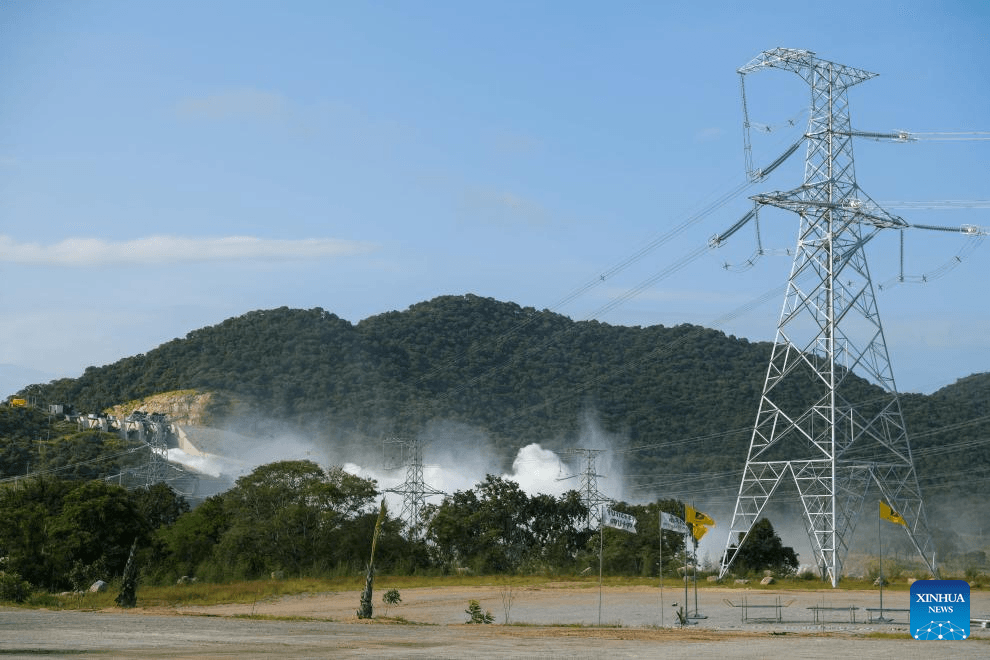The national government has partnered Malaria No More UK to sensitise and educate communities in the coastal region about the disease's prevention.
The Coast region has the second-highest malaria prevalence at five per cent, after the Lake Victoria region, which leads with 19 per cent according to the Kenya Indicator Survey 2020.
In the drive dubbed Power of Everyone Campaign, the government is seeking to reverse the trend.
National Malaria Control programme officer James Sang said the campaign targets to sensitise stakeholders.
This is in what they call ‘zero malaria starts with me campaign coalition’ which involves different partners participating in creating awareness to Kenyans on the fight against malaria.
He said the major challenge facing the fight in Kenya is the availability of resources to facilitate all the plans which include the distribution of the nets to end disease spread.
“This campaign also aims at educating and sensitising different sectors to be able to invest in the fight against malaria. This is a problem that affects all development sectors of the country and the world at large. Therefore, we are working towards ensuring there is availability of drugs to everyone who is examined and diagnosed with malaria,” he said.
He said this is an initiative that requires everyone to participate in order to protect themselves.
Sang said use of treated mosquito nets is an individual responsibility as well as ensuring families go to hospital for assessment rather than buying drugs over the counter.
Despite efforts to educate the community on the importance of using mosquito nets, Sang said there are those who are not using them in the right way.
“This is a challenge we are also trying to deal with by educating the community on the proper use of the nets. We have several factors that hinder people from going to hospital and one of them is because they treat themselves by accessing drugs in the shops or chemists,” he said.
Malaria prevalence in Kenya stands at six per cent.
According to the Kenya indicator survey 2020, the spread of malaria in the coastal region reduced from eight to five per cent, “something which has given us hope that we can push even further down,” he said.
He said the Lake Victoria region has the highest prevalence because it borders countries with a high burden of malaria.
“Lake region borders countries with a high burden of malaria and there are conditions that can facilitate transmission of the disease compared to other regions. That is the main challenge we have, however, we have plans of finding a way of bringing the numbers down,” he said.
At the Coast, he said the numbers are high but existing programmes have been able to yield results compared to the lake region.
He called upon all the health stakeholders and the community at large not to relax. “We need to press on the pedal so that we accelerate that drift from five per cent to even below one per cent like other counties and accelerate to 0.”
Kilifi county Malaria control coordinator Chimanga Mwamuye said they work with community health promoters in educating residents on how to prevent themselves from malaria.
“We have a programme where we distribute free nets to pregnant mothers and parents with children below one year,” Sang said.
“Through the national malaria control programme, we are working on what we call community malaria case management. We want to train and improve the ability of CHPs so that they can help in assessing malaria cases on the ground and enroll the person on treatment without necessarily coming to the hospital,” he said.
He said they have a drive dubbed ‘love on site spring’ where they work with stakeholders to support the health officers and CHPs who move around and spray the dams which breed mosquitoes.
Kaloleni, Ganze, Rabai subcounties and Kilifi South are some of hot spot areas with high malaria prevalence in Kilifi because the areas have dams and are located near Kaya Forest.
Malaria No More UK Africa project director Daniel Odipo said they are working with the Malaria National Control programme and other partners towards ending the disease by 2030 which is the vision of the country.
“This is a huge task, but we are hoping that with everyone being responsible and doing what they are supposed to do in terms of preventing malaria, we are going to reach there. That is why we developed a campaign called the Power of Everyone.”
Odipo said malaria needs to be prioritised at all levels, urging political leaders to also bring malaria discussions on the table including its funding, opportunities and need for research.
At the national level, he said they are advocating for malaria in Kenya through political will and investment in malaria.
So far the Power of Everyone in fight against malaria programme which was launched in February, is being initiated in Kakamega, Kilifi and Kisumu counties where they are targeting behaviour change of the community.
“The behaviour we are talking about is sleeping under a net all the time. We are asking pregnant women to go for antenatal care so that they can obtain doses that will help prevent malaria in pregnancy,”Odipo said.










